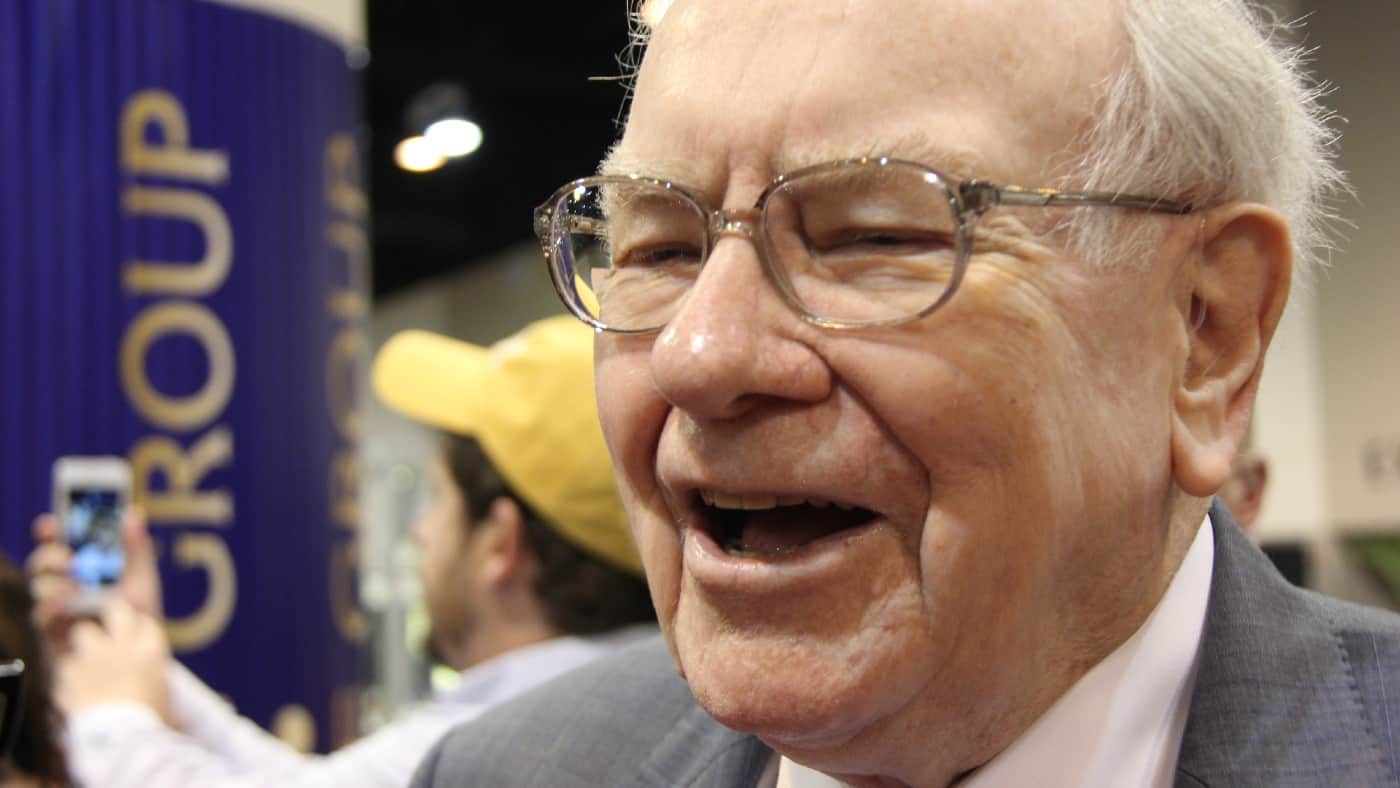Warren Buffett’s reputation for picking winning stocks is well-known across the investing community. Through his investment firm, Berkshire Hathaway, he’s generated a near-20% annualised return since the 1960s, building an enormous multi-billion dollar fortune in the process.
With that in mind, it’s hardly a surprise that many investors simply own Berkshire Hathaway shares, or closely track the group’s regulatory filings to copy Buffett and his team’s investing decisions.
Today, Apple, American Express, Bank of America, Coca-Cola (NYSE:KO), and Chevron are Buffett’s largest holdings.
Passive income stocks: our picks
Do you like the idea of dividend income?
The prospect of investing in a company just once, then sitting back and watching as it potentially pays a dividend out over and over?
If you’re excited by the thought of regular passive income payments, as well as the potential for significant growth on your initial investment…
Then we think you’ll want to see this report inside Motley Fool Share Advisor — ‘5 Essential Stocks For Passive Income Seekers’.
What’s more, today we’re giving away one of these stock picks, absolutely free!
That suggests he has the most conviction in these businesses moving forward. So should investors consider adding these companies to their portfolios? Sure. After all, if Buffett’s confident, it may be prudent to follow in his footsteps. Having said that, considering a stock and actually buying it are two different things. And depending on an investor’s objectives and risk tolerance, Buffett’s largest holdings may actually be terrible investments.
Taking a closer look
Let’s zoom in on Coca-Cola. Buffett famously bought shares back in the 1980s and topped up his position in the 1990s, but has never sold a share since. Coca-Cola’s dominance in the soft beverages space has led to 62 consecutive years of dividend hikes, turning it into a money-printing machine for Buffett. To put this into perspective, he earned close to $800m in dividends alone over the last four quarters.
Consumer tastes surrounding sugary drinks have shifted over the last decade. Consequently, the firm has seen demand for its original Coke beverage suffer. However, this impact has been more than offset by investing in sugar-free varieties such as Coke Zero and diversifying the product portfolio into tea, coffee, water, and even snacks.
As a result, the group continues to see over two billion servings of its products sold every day, generating ample cash flow and profits. So far, this is sounding rather promising, especially for dividend investors looking to capitalise on a 3% yield.
However, digging deeper reveals limited growth potential. Coca-Cola’s products are sold in almost every country in the world. As such, the firm suffers from a market saturation problem – there’s no room left to grow beyond product diversification. And while acquiring and developing new brands provides new opportunities, it’s a strategy that’s yielded fairly muted results so far.
In fact, over the last five years, even after factoring in dividends, the shares of Coca-Cola have only generated a 6.4% annualised return.
Worth buying for the long run?
That’s when the S&P 500’s generated closer to 16% annual gains… far from encouraging. And due to its mature status, this rate of return seems unlikely to change moving forward. So for growth investors, buying shares in Coca-Cola doesn’t appear to make much sense.
However, that may not be the case for investors looking for a stable source of income. One major advantage Coca-Cola shares have had over the S&P 500 is significantly lower volatility, making it potentially attractive for those with a lower risk tolerance.
Whenever exploring Berkshire Hathaway’s portfolio for potential stocks to buy, the risk and potential reward must be considered. After all, blindly following someone else’s investment strategy isn’t likely to end well, even if that someone’s Buffett.








